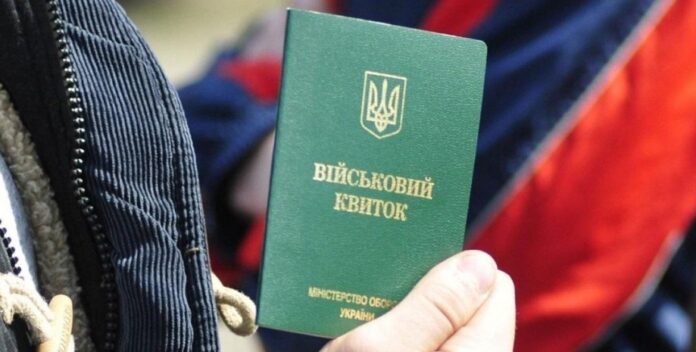
1.5 million men have not updated their data in the TCC - they are actually «wanted», - MP Halyna Yanchenko
According to MP Halyna Yanchenko, about 1.5 million men of military age have not updated their information in the databases of the territorial recruitment centres (TCCs). She warned that if such persons were stopped by representatives of the TCC, it would lead to mass detentions and make it impossible for them to register for training centres in a timely manner.
«If such men are stopped by the MCC, that's it, hello, training centres,» the MP said, adding that even if a person intends to work at a defence company and get a reservation there, he or she must undergo a military medical examination before this can happen.
What are the practical implications of this?
Delayed or denied access to study centres
If a discrepancy is found in the registration of the TCC, the person may be called for an inspection or administrative measures may be taken, which will delay admission to educational units or participation in conscription.
Complications of employment at defence enterprises
Even an employer who is ready to make a reservation will not be able to complete the procedure without passing the VLK and settling his status with the CCP. Therefore, the absence of updated data can block the possibility of obtaining a certificate or a formal booking.
Who should do what now
Men of military age - check your personal data with the TCC and update it promptly if necessary; check with your local recruitment centre for the list of documents and procedures.
For those who are planning to be employed at a defence enterprise - agree with the employer on an action plan: what documents are required for booking and when to undergo the VLC.
For employers in the security and defence sector - inform candidates in advance about the necessary steps and provide support in cooperation with the TCC and medical commissions.
What does the 1.5 million figure mean in a broader context
Even if some of those 1.5 million people have moved away or temporarily changed their place of residence, the large number of outdated entries in military registers creates practical problems for the recruitment and mobilisation system. It also increases the likelihood of administrative overheads during checks and conscription activities.



